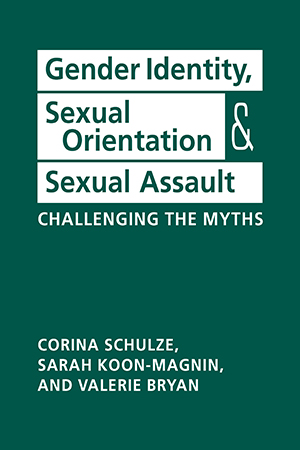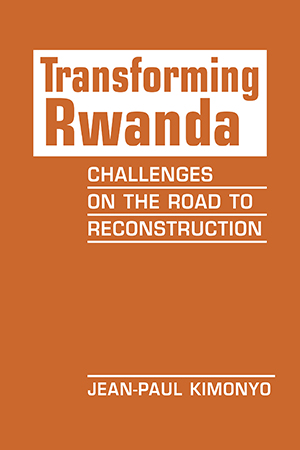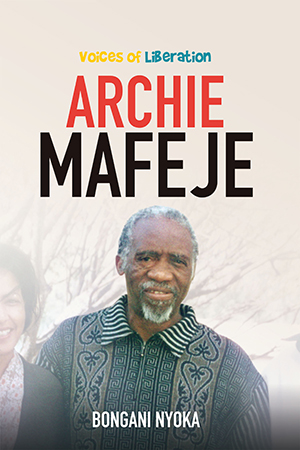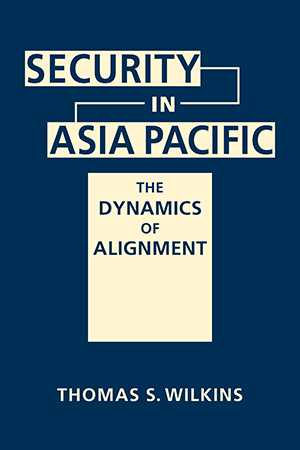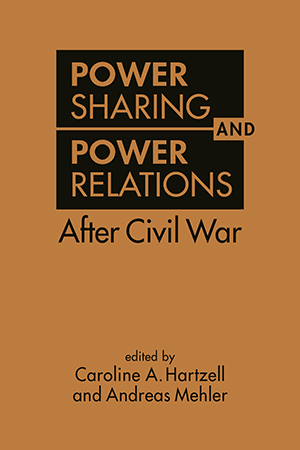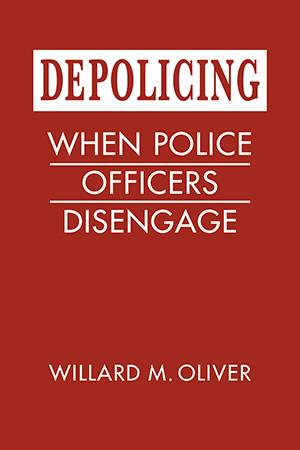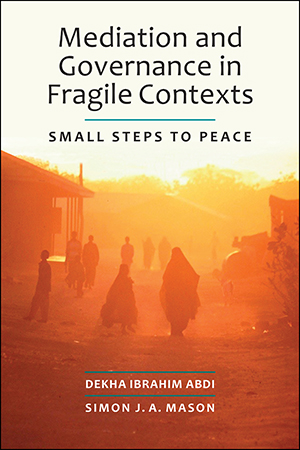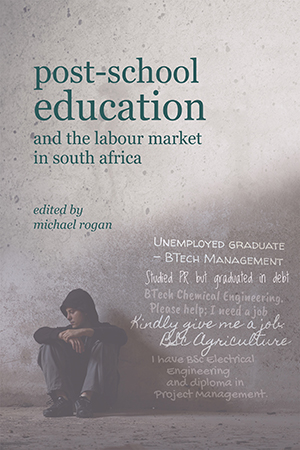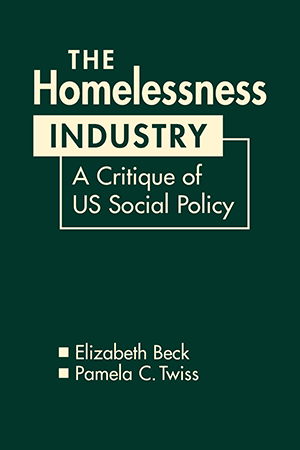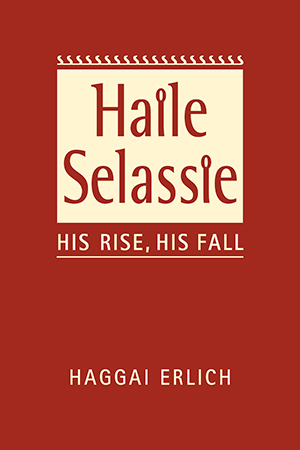BOOKS
Winner of the American Society of Criminology’s Division on Women & Crime Book Award! The underlying argument of this groundbreaking study is this: Sexual orientation and gender More >
Since the end of its genocidal civil war in 1994, Rwanda has embarked on an ambitious, and often controversial, process of reconstruction. Jean-Paul Kimonyo comprehensively analyzes that More >
Noted for his academic prowess, quick wit, and tireless struggle both for pan-Africanist ideals and for the political emancipation of South Africans living under apartheid, Archie Mafeje has More >
The complex security dynamics of the pivotal Asia Pacific region, involving disparate and contentious power blocs, clearly have implications far beyond the region itself. Thomas Wilkins More >
There are numerous studies on the role of power-sharing agreements in the maintenance of peace in postconflict states. Less explored, however, is the impact of power sharing on the quality More >
Depolicing—the withdrawal from proactive law enforcement by officers on the line—has become an increasing concern within both police departments and the communities that they More >
The result of a long collaboration between a Kenyan-Somali mediator and a Swiss scholar-practitioner, Mediation and Governance in Fragile Contexts introduces an innovative, practical More >
In South Africa—with one of highest rates of youth unemployment and one of the most unequal societies in the world—training and education play critical roles in helping young More >
Homelessness once was considered an aberration. Today it is a normalized feature of US society. It is also, argue Elizabeth Beck and Pamela Twiss, an industry: the embrace of More >
With scholars far from agreement in their opinions of Ethiopia's Haile Selassie, the questions remain: Who was Haile Selassie? What was the secret of his survival across half a More >



